Agromenes: The terrible warnings which must make us take food self-sufficiency seriously again
Country Life's agriculture columnist Agromenes on why we need to learn the lessons of the tragic events of the last couple of years.
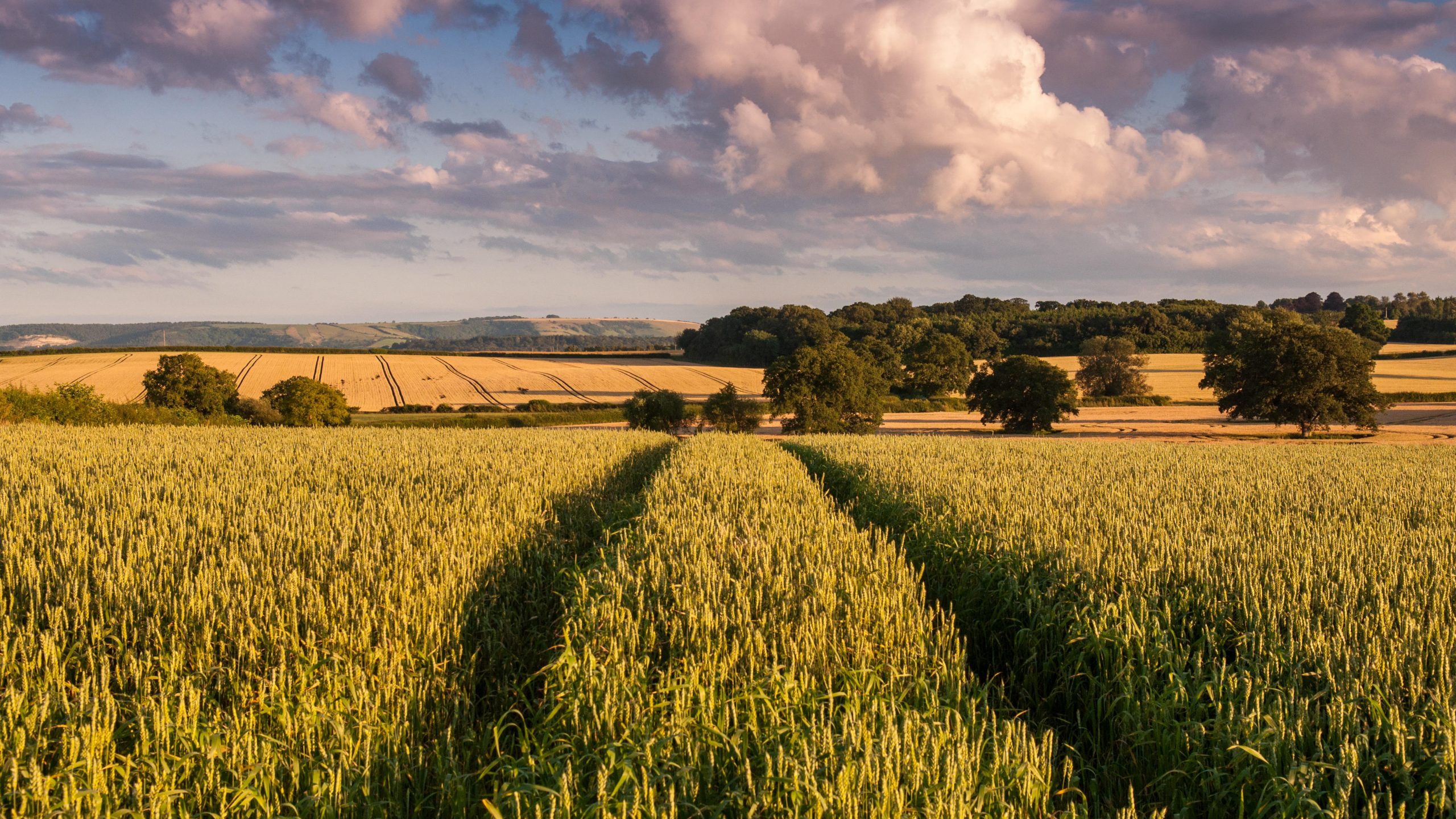

The utterly dreadful news from Ukraine has rightly concentrated on the bravery and spirit of her people, the remarkable leadership of their president, Volodymyr Zelensky, and the sheer wickedness of Vladimir Putin. The threat of nuclear weapons and the worldwide efforts to counter the Russian invasion have, rightly, taken precedence over computing the effect on all our lives from the crippling of one of the world’s largest wheat producers.
The Ukraine is the fifth largest wheat exporter, responsible for 9% of global market share. Even before these terrible events, world grain stocks were forecast to be at a nine-year low, so the effect on supply and consumer prices is likely to be very serious indeed.
Yet, beyond these specifics, the effects of Putin’s war, coming so soon after the disruption caused by the pandemic, highlights the fragility of our food supplies. We have taken our supply chains for granted and grown comfortable in the belief that we will always be able to procure from somewhere. We felt there was no need to encourage home production, but it had not always been so.
Back in 1975, Agriculture Minister Fred Peart called his white paper Food from our own Resources and he committed the Government to supporting British agricultural production. It was a phrase wholly in keeping with Labour’s post-war farming policy initiated by the great Tom Williams. Indeed, it characterised the attitude of both major political parties.
"The pandemic and the invasion of Ukraine have shown how vulnerable Britain is, how fragile are our supply chains and how easily world demand for food can overtake supply"
This consensus was torn apart when Tony Blair abolished the Ministry of Agriculture, Fisheries and Food (MAFF) in 2001 and refused even to keep agriculture in the replacement department’s title. It was so different from Ted Heath’s decision 30 years earlier when reforming ministries into departments. Sensibly, he listened to the advice of Farming Minister Jim Prior and didn’t change MAFF into a Department. He retained the title of Ministry, so farmers recognised they were not being sidelined, but would have the support of the Ministry first established in 1889.
It was left to David Miliband, as Defra Secretary, finally to kill off the political consensus by declaring that food security was no longer a priority. His dismissive view became almost universal and an essentially urban media began to assume that the days of food shortage, at least for rich countries, were over.
Covid started to change that view and, for many, the invasion of Ukraine finally put paid to the idea that feeding people is not an issue of national security. Yet, even as that simple concern is borne in upon the population at large, the Government continues to act as if there are more important priorities. As we move from EU production subsidies to Environmental Land Management schemes (ELMS), ministers refuse to state that producing food is the most important public good delivered by farmers. Food security, therefore, remains subservient to other concerns.
Sign up for the Country Life Newsletter
Exquisite houses, the beauty of Nature, and how to get the most from your life, straight to your inbox.
We see that in every trade agreement the UK has sought: farmers are always left unprotected from unfair competition from countries that do not meet the same high standards that we ask of British producers. It’s seen, too, in the post-Brexit arrangements for products such as sugar, where heavily subsidised foreign competitors can increasingly take on UK farmers, yet continue to ignore the environmental rules we demand here.
Surely, all of us should take seriously these two terrible warnings. The pandemic and the invasion of Ukraine have shown how vulnerable Britain is, how fragile are our supply chains and how easily world demand for food can overtake supply. Governments need to remember they don’t last long if their people aren’t fed.
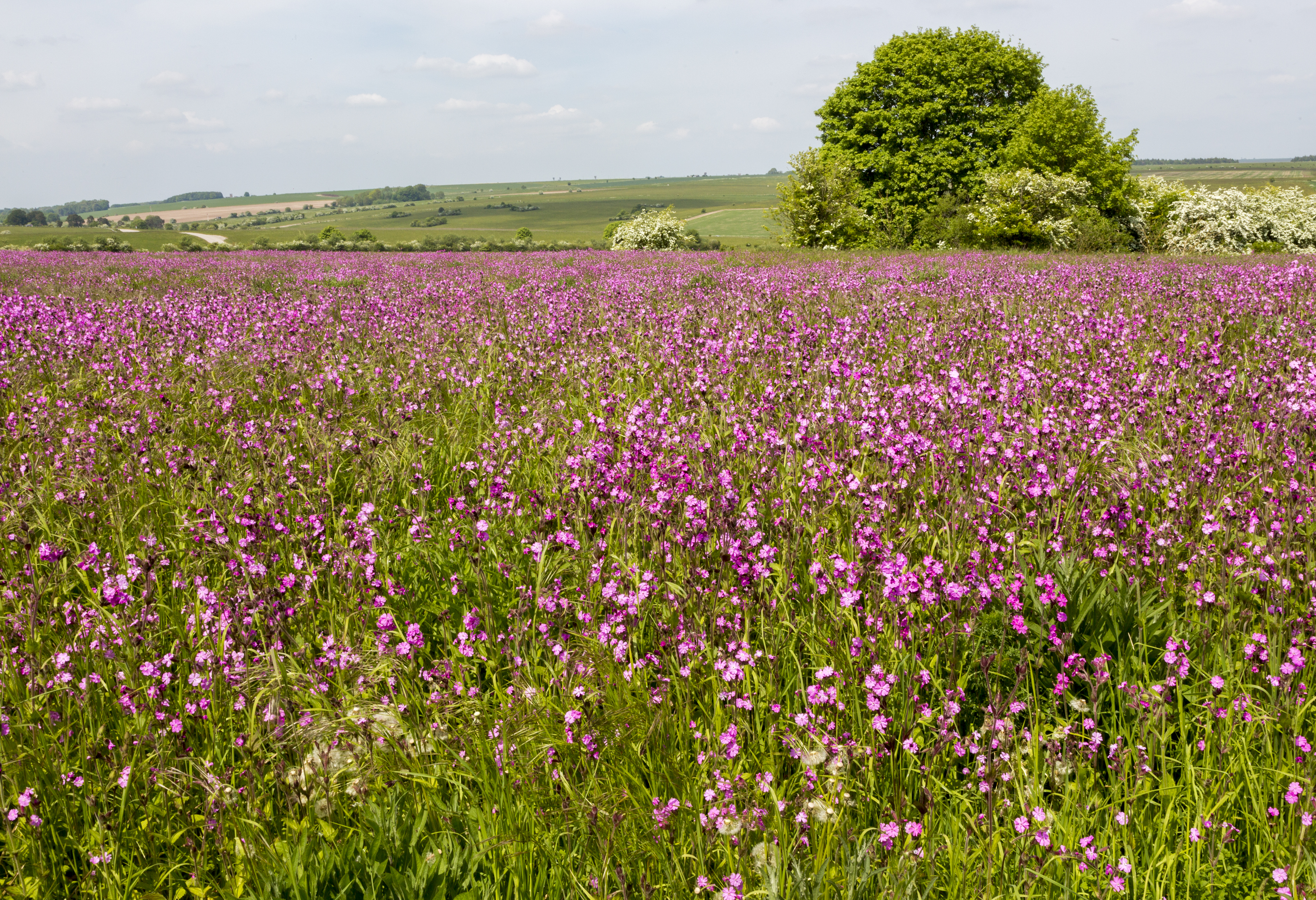
Credit: Ian Murray, Getty Images
Opinion: In the 19th century we couldn’t do without coal, in the 20th we couldn't do without oil. In the 21st, we're learning to prosper without either
Country Life's columnist Agromenes thinks we can have it all — prosperity and a thriving environment — if we do it
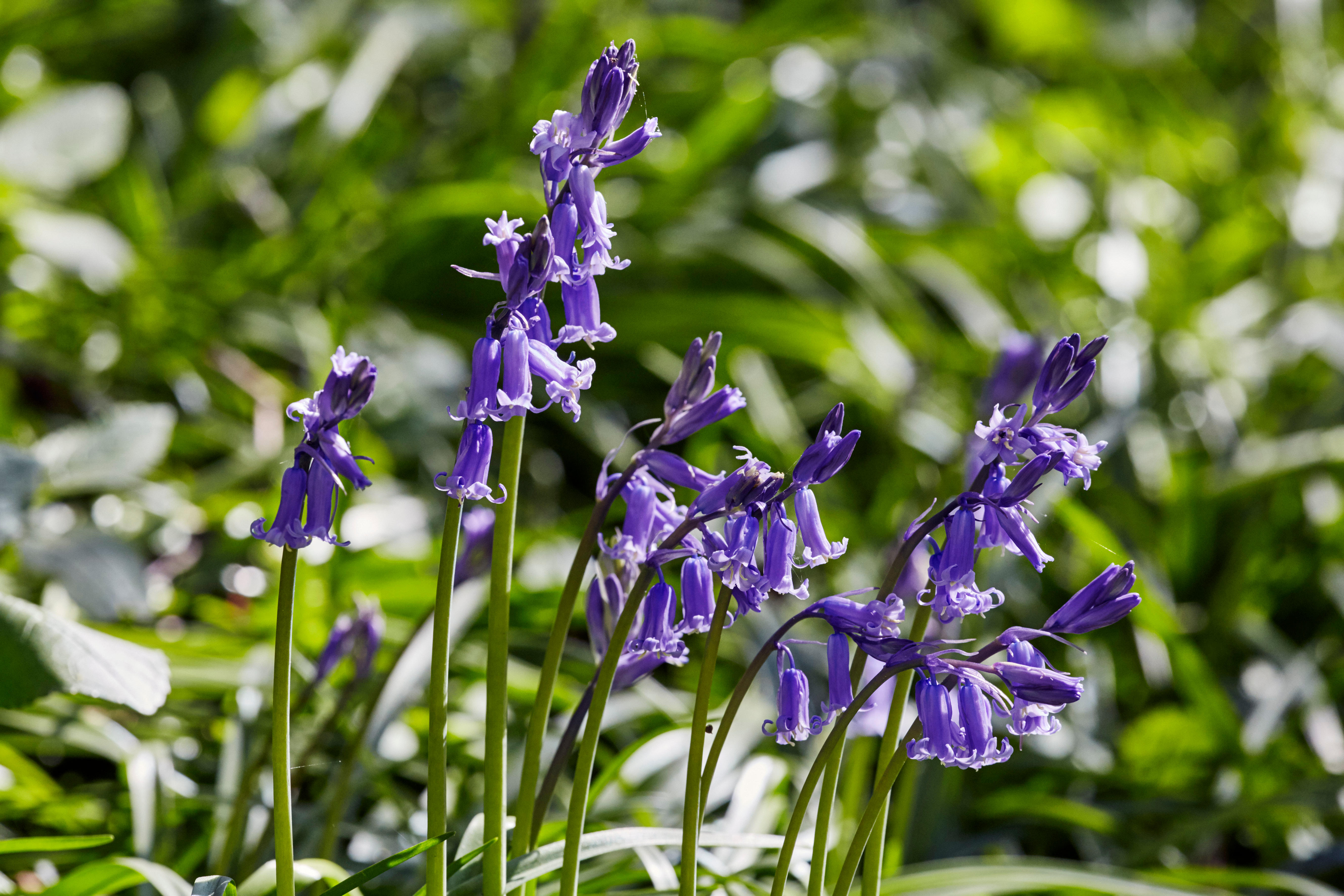
'Throughout history, it’s spring that has given humanity the fortitude to survive'
The beauty of spring in Britain makes the lockdown infinitely more bearable as many make the most of their time
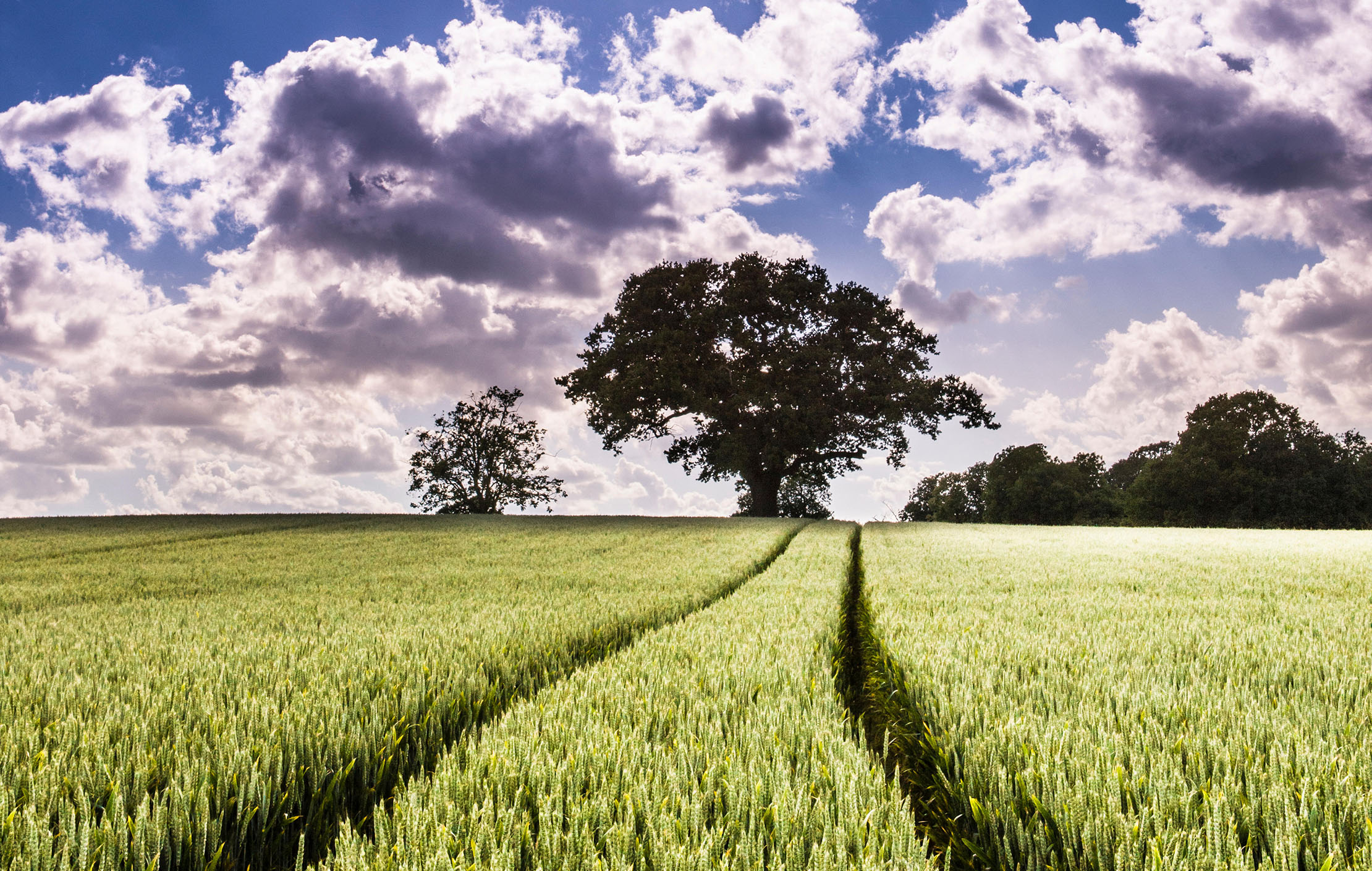
Credit: Alamy Stock Photo
'When we take for granted our ever-available, low-cost food, we might remember how that certainty was achieved'
The turn in the weather prompts Country Life's columnist Agromenes to reflect on how modern farming gave us food security
Country Life is unlike any other magazine: the only glossy weekly on the newsstand and the only magazine that has been guest-edited by HRH The King not once, but twice. It is a celebration of modern rural life and all its diverse joys and pleasures — that was first published in Queen Victoria's Diamond Jubilee year. Our eclectic mixture of witty and informative content — from the most up-to-date property news and commentary and a coveted glimpse inside some of the UK's best houses and gardens, to gardening, the arts and interior design, written by experts in their field — still cannot be found in print or online, anywhere else.
-
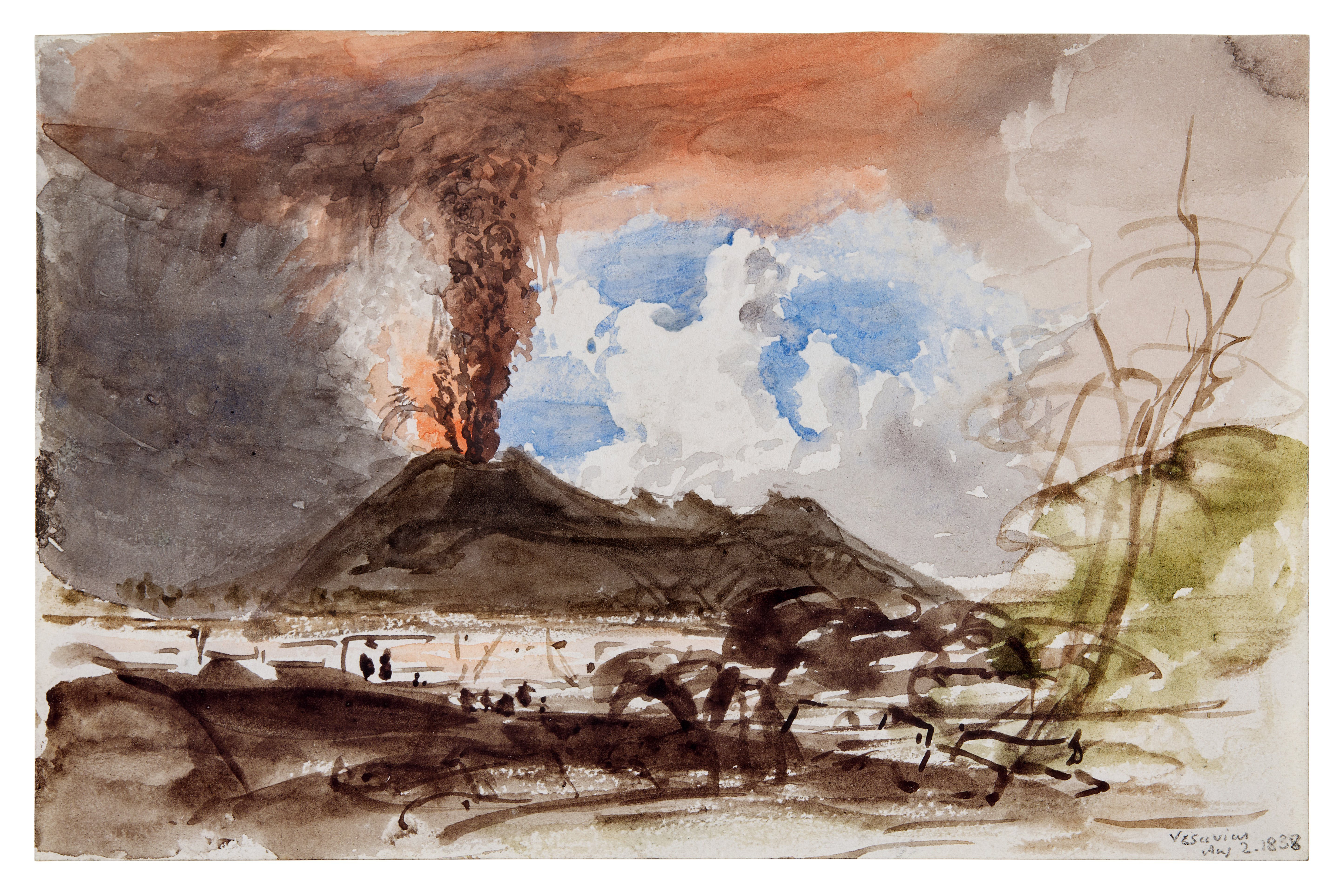 From Vinted to Velázquez: The younger generations' appetite for antiques and Old Masters
From Vinted to Velázquez: The younger generations' appetite for antiques and Old MastersThe younger generations’ appetite for everything vintage bodes well for the future, says Huon Mallalieu, at a time when an extraordinary Old Masters collection is about to go under the hammer.
By Huon Mallalieu
-
 In all its glory: One of Britain’s most striking moth species could be making a comeback
In all its glory: One of Britain’s most striking moth species could be making a comebackThe Kentish glory moth has been absent from England and Wales for around 50 years.
By Jack Watkins